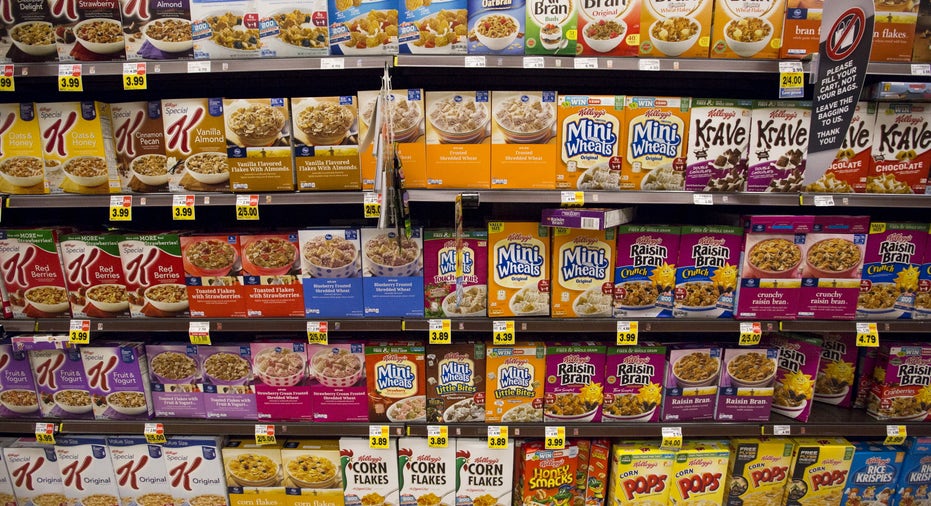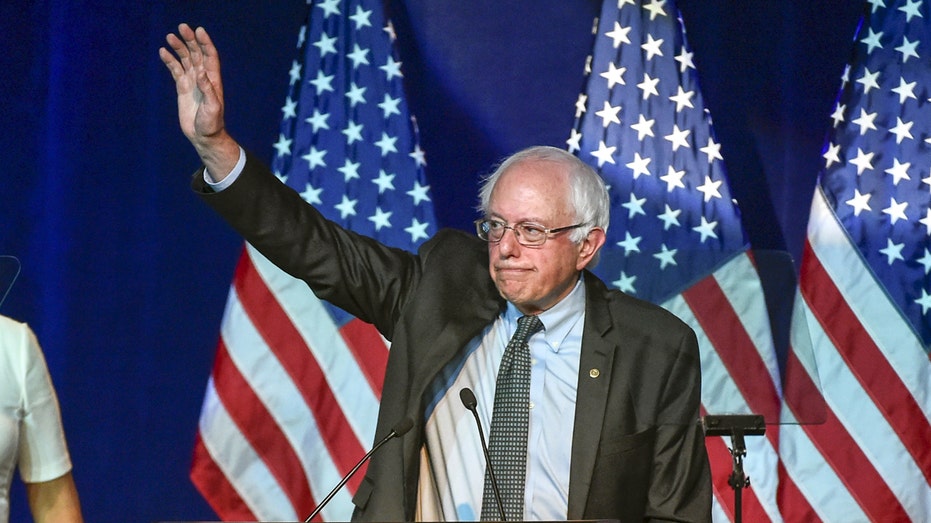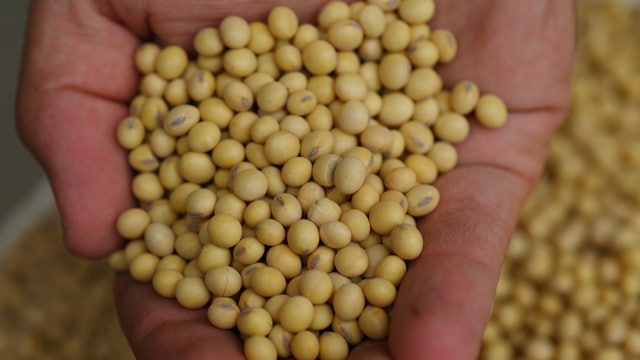Why Major Food Companies are Labeling GMOs Now

Five major food corporations are on board to label genetically modified organisms (GMOs) on all of their products. Campbell’s Soup (NYSE:CPB) was first, followed by General Mills (NYSE:GIS), Mars, Kellogg’s (NYSE:K), and ConAgra Foods (NYSE:CAG).
“GMO has evolved to be a top consumer food issue reaching a critical mass of 92% of consumers in favor of putting it on the label,” Campbell’s CEO Denise Morrison said in a statement.
So, why now? Americans have been consuming GMOs for over 20 years without really knowing if it’s in their food or not.
Well, it’s all thanks to the tiny state of Vermont, which has essentially boxed big food companies into a corner after the state passed legislation requiring labeling nearly two years ago.
“I am proud that Vermont took the lead nationally to make sure people know what is in the food they eat,” Vermont Senator and Democratic presidential candidate Bernie Sanders said in a statement.

Sanders has been the only presidential candidate, who’s been front and center about the issue and has openly opposed the bill to block GMO labeling.
In April 2014, he said,” I will continue my efforts in Washington, against Monsanto (NYSE:MON) and other multi-national food industry corporations, to pass national legislation on this issue. In the meantime, it is extremely important that Vermont and other states lead the way.”
And, Vermont has. Earlier this month, Congress failed to pass an industry-supported measure that would have created a voluntary national standard for labeling which would have preempted Vermont’s law. Now, food giants have a July 1st deadline to comply with their GMO labeling mandate.
Sanders’ rival, Hillary Clinton on the other hand is a big proponent of GMOs. The Clinton Global Initiative (CGI), promotes Monsanto and RoundUp, the controversial weed killer that the World Health Organization declared a possible carcinogen last year. Even one of Clinton’s top campaign advisor’s, Jerry Crawford, was a lobbyist for Monsanto.
Sixty-four countries around the world already require the labeling of genetically modified food, including all of the European Union, Russia, Japan and China. The Food and Drug Administration (FDA), which already labels more than 3,000 ingredients have been against labeling.
The Grocery Manufacturers Association has also fought back against the law, both in court and in Congress, but has failed so far. In the last four years, major food and bio-tech corporations have spent hundreds of millions of dollars to fight GMO labeling at both the state and federal level.
Monsanto, the world’s largest seed company told FOXBusiness.com in January that it supports GMO labeling despite reports.
“There’s a lot of confusion around labeling and I think it surprises a lot of people,” Dr. Robert Fraley, Chief Technology Officer at Monsanto said. “If we’re going to label foods it should be done on the national level, not done city by city or state by state.”
“I think this is a clear sign that these food companies have given up hope of a federal bill that would preempt state labeling, which is an incredible win for the movement,” says Megan Westgate, Director of the Non-GMO Project, a non-profit dedicated to providing non-GMO labeling for manufacturers.
Westgate says her team continues to see tremendous growth in Non-GMO Project verification especially with big food companies. PepsiCo (NYSE:PEP) has already labeled their Tropicana Pure Premium Orange Juice with a Non-GMO Project label, notifying shoppers that the orange juice does not contain genetically modified organisms.
“The message is clearly getting through that Americans demand transparency about what’s in their food, and any food company that wants to survive in the 21st century needs to respect that,” says Westgate.




















